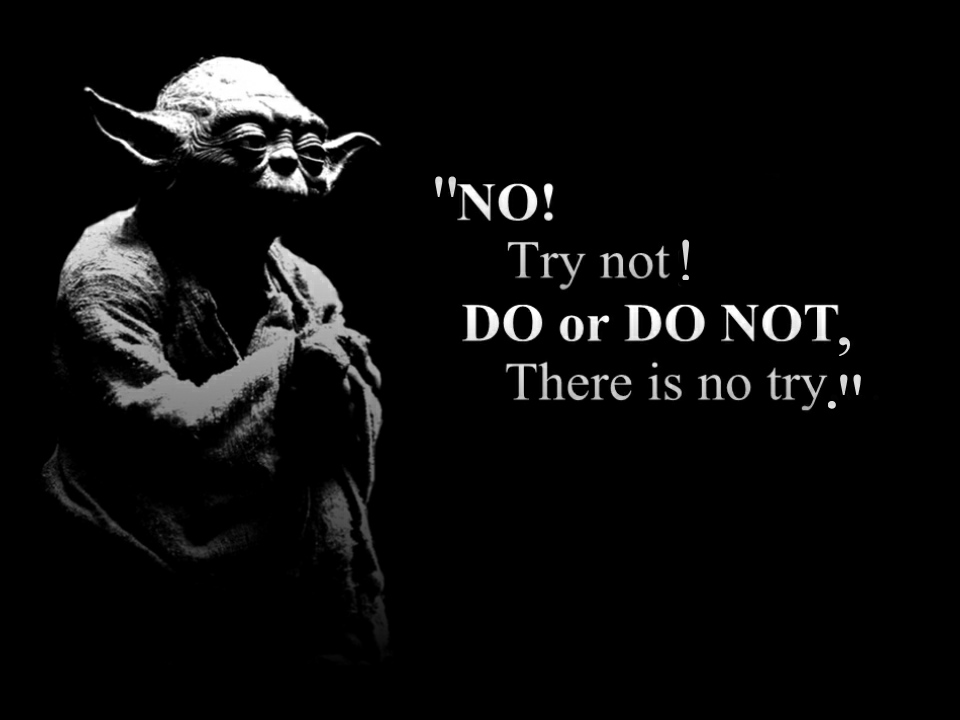I’ve got a nine year old son who is a big fan of the Teenage Mutant Ninja Turtles series on Nickelodeon. It’s a huge improvement over his Spongebob period and a very intelligently written series. I am guilty of watching it over his shoulder from time to time.
 |
| This Splinter was once a man who grew up in a family clan of ninjas who benefited from a lifetime of rich, traditional learning. The action movie one read a book. |
In the cartoon Splinter, the turtles’ surrogate father and sensei, is the descendent of a ninja clan. He had been trained as a martial artist his entire life. When he was mutated into a rat, he used this deep mastery to train the turtles. Splinter is a master who is both funny, approachable and very strict. His relationship with the turtles is deep and nuanced.
Because of this fixation with TMNT I found myself sitting in a movie theatre with my son watching Michael Bay’s ‘live’ action movie this summer. The Splinter in the film is actually a rat. When he got mutated (into a bigger rat) he found a book on ninjitsu and trained the turtles. That the kids watching this film think that this is a viable avenue into mastering martial arts points to a lot of things wrong with the world today. A lot of that thinking is driven by the ease of access to information championed by digital technology. But information isn’t knowledge and it certainly isn’t mastery.
***
| I like the concept, it’s empowering, but even the best self directed learning is going to pale in comparison to what you’ll develop in a rich social context. |
Computers have been a hobby for me since I was ten. I did a lot of learning on my own out of books and magazines, but the process of taking courses and certifications to become a qualified technician pushed me well out of my comfort zone and forced me to become familiar with aspects of computers that I otherwise would have stayed away from because I find them difficult. Working with experts also let me see how they fill in the massive spaces between information. How we manifest knowledge is more important than the knowledge itself.
I’ve always been interested in writing and philosophy, but taking degrees that oversaw skills development and demanded ongoing demonstration of my improvement with a variety of experts created something that no number of books could.
 |
| Knowledge is the start of the process, not the end. |
The idea of mastery learning implies that a master passes it on to you. My professors and mentors did a lot more for me than simply pass on information, they also showed me how it might manifest itself. Modelling is a mighty powerful means of passing on knowledge, and you get none of it out of text.
If someone told me that I could get the same thing my degree gave me out of a book I’d call them a fool, though many people call higher education a waste of time purely on those grounds. Information is accessible and cheap, so teach yourself! You’ll only be as effective as your teacher, but hey, it’s inexpensive. This feeds modern value theory that devalues human capital in favour of machine capital, in this case championing information over experience.
Mastery learning requires something more than a book. I’m not surprised that the team of writers for that movie didn’t get that though, looking at the quality of their script.




